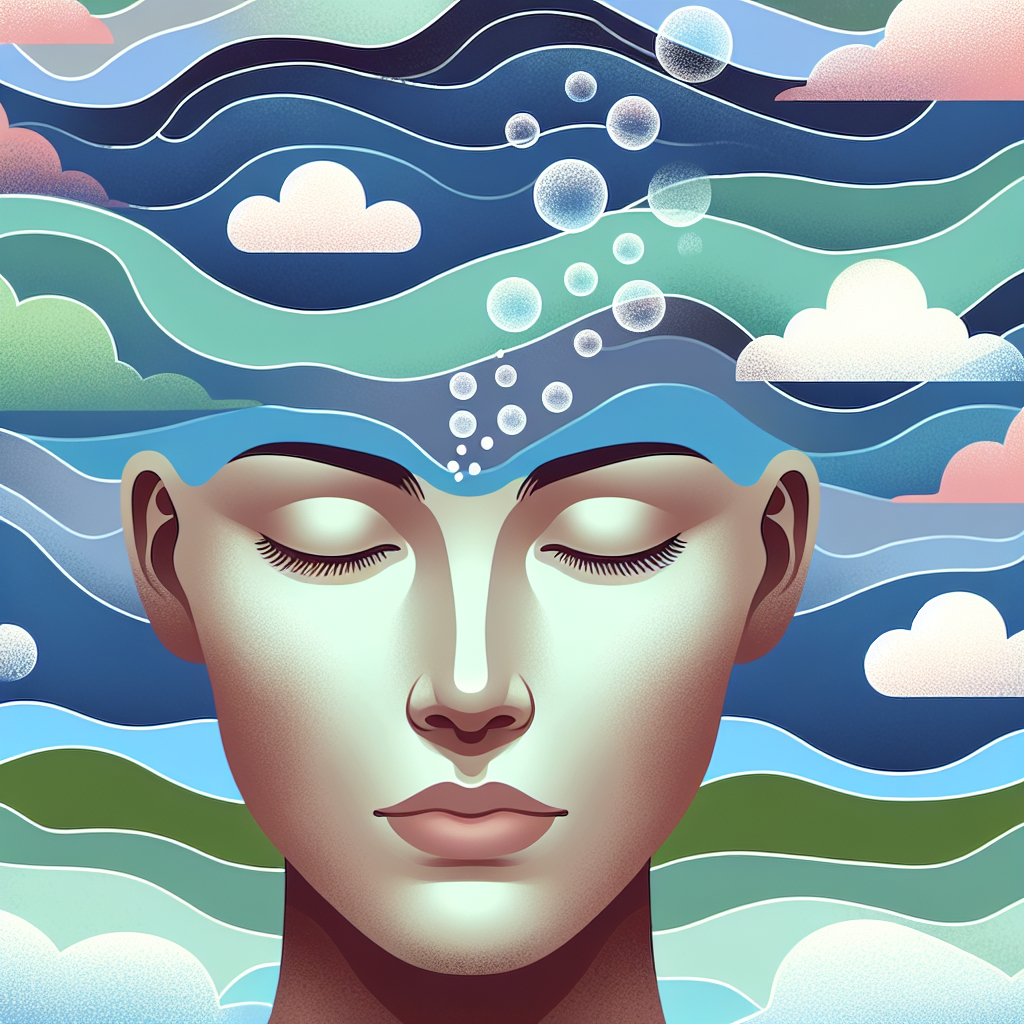How to Cure Acne: The Role of Mental Health
Acne is a common skin condition that affects millions worldwide. While topical treatments and medications are often the first line of defense, research suggests that mental health plays a crucial role in managing and potentially curing acne. Let’s explore how our mental well-being impacts our skin health and what we can do to address both.
Table of Contents
1. Understanding the Skin-Mind Connection
2. How Stress Affects Your Skin
3. The Impact of Anxiety and Depression on Acne
4. Mindfulness and Acne Management
5. Practical Tips for Improving Mental Health and Skin
6. Conclusion
7. FAQs
Understanding the Skin-Mind Connection
The skin is often considered a mirror of our internal health, including our mental state. The link between the brain and skin is significant, as both are derived from the same embryonic tissue. This relationship, known as the neuroendocrine system, suggests that mental health can directly influence skin conditions like acne.
How Stress Affects Your Skin
Stress is a natural response, but chronic stress can wreak havoc on your skin. When you’re stressed, your body releases cortisol, a hormone that can increase oil production in your skin glands, leading to clogged pores and acne breakouts. 😟
Moreover, stress can impair your immune system, making it harder for your body to fight off acne-causing bacteria. This is why managing stress is crucial for maintaining clear skin.
The Impact of Anxiety and Depression on Acne
Anxiety and depression are more than just mental states—they can manifest physically as well. These conditions often lead to neglect in self-care, poor diet, and disrupted sleep patterns, all of which can exacerbate acne.
Furthermore, individuals with anxiety or depression may engage in skin-picking behaviors, which can worsen acne and lead to scarring. Addressing these mental health issues can improve both your emotional and physical well-being.
Mindfulness and Acne Management
Mindfulness is a powerful tool that can help reduce stress and improve mental health. By practicing mindfulness, you can become more aware of your thoughts and feelings, helping you to break the cycle of stress and anxiety that can lead to acne.
Mindfulness techniques such as meditation, deep breathing exercises, and yoga can help calm the mind and reduce stress levels. 🧘♀️ These practices not only improve your mental health but also promote healthier skin by decreasing cortisol levels and improving your body’s natural healing processes.
Practical Tips for Improving Mental Health and Skin
Here are some actionable tips to enhance both your mental health and skin condition:
1. Establish a Skincare Routine
Having a consistent skincare routine can help manage acne. Choose products suitable for your skin type and stick to a routine that includes cleansing, moisturizing, and applying any prescribed treatments.
2. Prioritize Sleep
Adequate sleep is crucial for both mental and skin health. Aim for 7-9 hours of quality sleep per night to help your body repair and rejuvenate.
3. Eat a Balanced Diet
Diet plays a significant role in skin health. Include plenty of fruits, vegetables, and omega-3 fatty acids in your diet to support healthy skin. Avoid excess sugar and processed foods, which can trigger acne.
4. Practice Stress-Relief Techniques
Incorporate stress-relief activities into your daily life, such as meditation, exercise, or hobbies you enjoy. These activities can help reduce anxiety and promote a sense of well-being.
5. Seek Professional Help
If you’re struggling with mental health issues, don’t hesitate to seek professional help. Therapists and counselors can provide support and strategies to manage anxiety and depression, which can, in turn, improve your skin health.
Conclusion
Acne is a multifaceted condition that requires a holistic approach to treatment. By acknowledging the role of mental health in skin health, you can take proactive steps to manage stress, improve your emotional well-being, and potentially clear your skin. Remember, taking care of your mind is just as important as taking care of your skin. 💖
FAQs
Q: Can stress alone cause acne?
A: While stress is not the sole cause of acne, it can exacerbate existing conditions by increasing oil production and inflammation.
Q: How long does it take for mental health improvements to reflect on my skin?
A: Improvements can vary depending on the individual, but many people notice changes within a few weeks of consistent mindfulness and stress-reduction practices.
Q: Should I stop using topical treatments if I focus on mental health?
A: No, it’s best to combine topical treatments with mental health strategies for a comprehensive approach to acne management.
Q: Can therapy really help with acne?
A: Yes, therapy can help address underlying stress and anxiety, which can lead to improvements in acne over time.
